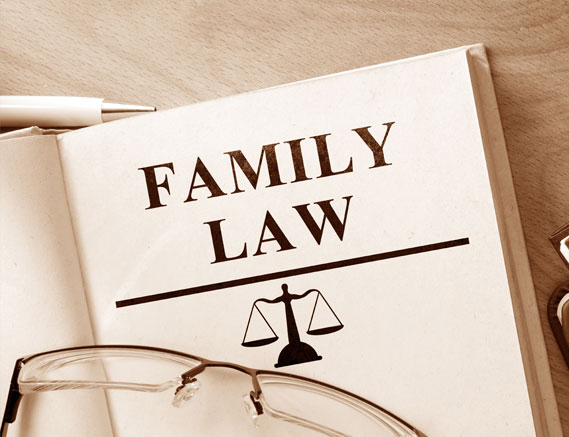Does Common Law Marriage Exist in the UK?
Common law marriage is a concept that refers to a marriage-like relationship between two people who live together for a certain period of time but without actually getting married or registering their partnership formally. This type of arrangement is recognised in some countries but not in the UK.
In this article, we will explore what this means for couples who choose to live together without getting married.
What is common law marriage?
The exact definition of common law marriage can vary depending on the country or state in which it is recognised, but in general, it refers to a relationship in which the couple has not formalised their union through marriage or civil partnership.
In some countries, common law marriage is recognised as a legal status that provides certain rights and protections to the couple. For example, in the United States, common law marriage is recognised in some states, and couples who meet certain criteria can enjoy many of the same legal benefits as married couples.
Is common law marriage recognised in the UK?
The law here in the UK means that even if a couple have lived together for many years, they do not have the same legal rights and protections as a married couple. Many people think we do have this system, but when it comes to dividing finances, parental rights and even inheritance rights, the law in the UK largely fails to offer protection if there is a split between a cohabiting but unmarried, couple.
Scotland
Since 2006, laws in Scotland have differed slightly from the rest of the UK. Points that differ in Scotland include:
- Ownership of household goods bought when the couple lived together will be ruled jointly owned, and their share split equally.
- Financial provisions for decisions made by the couple during the relationship, such as one partner taking time away from their career for childcare.
- Protections for surviving partners regarding estates, allowing a cohabiting partner protection if there is a death without a will.
It is always best to speak with your solicitor to establish the law in your area.
What are the implications of this for couples?
There can be significant implications for couples living together without getting married. Some of the key areas where unmarried couples are impacted include:
- Inheritance rights
- Pension rights
- Property rights
- Parental rights
- Tax breaks and benefits
What can cohabiting couples do to protect themselves?
Couples who choose to live together without getting married do not have the same legal rights and protections as married or civil-partnered couples. However, there are steps that couples can take to protect themselves and their assets. By taking these steps, couples can ensure that they are prepared for any eventuality and that their rights and interests are protected. Some of these steps include:
Cohabitation agreement
A cohabitation agreement can be drawn up to establish the couple's rights and responsibilities towards each other in the event of separation. It covers finances, property and what will happen to your children if you were to split or if either partner was to become ill or pass away. Cohabitation agreements are popular with unmarried couples living together, as they cover all aspects of joint life and the complexities a split can have on this and offer protection for both parties and their assets. Cohabitation agreements can go as far as providing protections similar to marriage, such as providing equal shares of assets or access to pensions.
Make a will
Without being married, or in a civil partnership, a surviving partner may not automatically inherit their partner's assets if they die without leaving a will. So, couples should each make a will to ensure that their assets are distributed according to their wishes in the event of their death. Having a will offers you the chance to address what you would like to happen when you are no longer here, and as well as providing protection for unmarried couples, it can also be beneficial to all other friends and family too.
Other Articles Articles

Lines open Monday to Friday, 9am to 5pm















